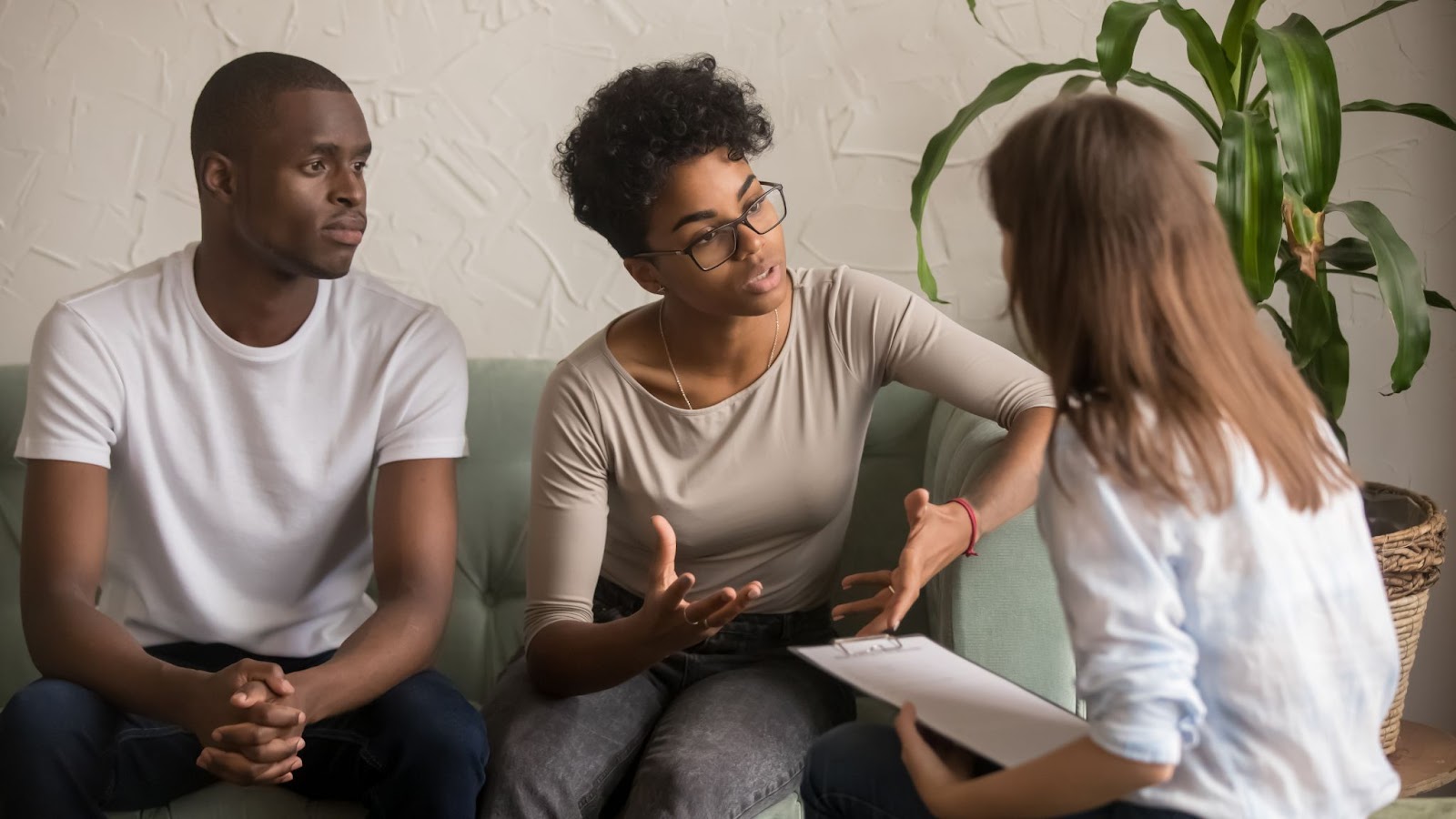Diversity & Inclusion in Counseling: Fostering Cultural Competence

In recent years, the counseling industry has experienced a significant shift towards greater multicultural representation and inclusivity. As awareness of mental health issues continues to grow, more people from diverse cultural backgrounds are recognizing the importance of seeking counseling resources to improve their overall well-being.
According to a study published in the Journal of Counseling Psychology, there has been a notable increase in multicultural representation among mental health professionals in the United States over the past decade. This rise in diversity within the counseling industry reflects a broader societal shift towards recognizing and valuing the unique experiences and perspectives of individuals from different cultural backgrounds.
Furthermore, research has shown that individuals from marginalized and underrepresented communities face unique mental health challenges and barriers to accessing care. Factors such as cultural stigma, language barriers, and lack of culturally competent providers can contribute to disparities in mental health treatment.
As a result, there is a growing demand for counselors and therapists who possess the knowledge, skills, and sensitivity to effectively address the needs of diverse populations. In addition to the increasing multicultural representation within the counseling profession, there has been a corresponding rise in the number of individuals from diverse cultural backgrounds seeking counseling services.
In the world of counseling, fostering diversity and inclusion isn't just a buzzword – it's an essential aspect of providing effective and ethical care to clients from all walks of life. As aspiring counselors and therapists, it's crucial to understand the role that cultural competence plays in modern counseling and how to effectively implement diversity and inclusion in therapy sessions.
Let’s explore several strategies for overcoming the challenges and barriers to cultural competence within individual therapy, couples therapy, and family therapy settings, providing practical insights and recommendations for counselors seeking to enhance their therapeutic approach.
Understanding the Role of Cultural Competence
Cultural competence refers to the ability of counselors to understand and effectively interact with individuals from diverse cultural backgrounds. It involves acknowledging and respecting the cultural differences of clients, as well as recognizing how these differences may impact their experiences, beliefs, and behaviors.
At the end of the day, culturally competent counselors strive to create a safe and inclusive space where clients feel understood, validated, and empowered to explore their thoughts and feelings.
Overcoming Cultural Challenges in Individual Therapy
In individual therapy, counselors may encounter challenges related to cultural differences that can impact the therapeutic process. To promote diversity and inclusion in individual therapy sessions, counselors can practice the following.
Conduct Cultural Assessments
Begin therapy by conducting a thorough cultural assessment to better understand the client's cultural background, values, beliefs, and experiences. This information can help tailor therapy to meet the client's unique needs and preferences.
Practice Active Listening
Cultivate active listening skills to fully understand and empathize with the client's perspective. Pay attention to verbal and nonverbal cues, validate the client's experiences, and demonstrate empathy and understanding.
Offer Culturally Sensitive Interventions
Utilize therapeutic interventions and techniques that are culturally sensitive and relevant to the client's cultural background. Adapt traditional therapy modalities to incorporate cultural values, beliefs, and practices.
Seek Ongoing Education
Stay informed about different cultures, identities, and social issues through ongoing education and training. Attend workshops, seminars, and cultural competence training programs to enhance your understanding of diversity and inclusion in counseling.

Promoting Diversity in Couples Therapy
Couples therapy presents its own set of challenges when it comes to promoting diversity and inclusion. To create a culturally competent and inclusive environment in couples therapy, counselors can work toward creating open communication, balancing power dynamics, addressing conflict, and validating identities.
Facilitate Open Communication
Encourage couples to openly discuss their cultural backgrounds, values, and beliefs with each other. Help them explore how their cultural differences may impact their relationship dynamics and communication styles.
Address Power Dynamics
Recognize and address power imbalances that may exist within the relationship, particularly in cross-cultural couples. Empower each partner to express their needs, concerns, and perspectives freely.
Explore Cultural Conflict
Help couples navigate cultural conflicts and differences in a constructive and respectful manner. Teach conflict resolution skills that promote understanding, compromise, and mutual respect.
Validate Cultural Identities
Validate the cultural identities of each partner and affirm the importance of cultural diversity within the relationship. Encourage couples to celebrate and honor each other's cultural heritage.

Fostering Inclusion in Family Therapy
In family therapy, counselors work with diverse family systems that may include members from different cultural backgrounds, generations, and identities. Counselors must be proactive to foster inclusion and cultural competence in family therapy.
- Create a Welcoming Environment: Establish a welcoming and inclusive atmosphere where all family members feel valued, respected, and heard. Encourage open communication and collaboration among family members.
- Address Intergenerational Conflicts: Recognize and address intergenerational conflicts that may arise due to cultural differences, values, or beliefs. Help family members understand and appreciate each other's perspectives.
- Explore Cultural Traditions: Explore and celebrate the cultural traditions, rituals, and customs of each family member. Incorporate cultural practices into therapy sessions to promote a sense of belonging and cultural pride.
- Offer Psychoeducation: Provide psychoeducation to families about the impact of culture on family dynamics, communication patterns, and relationships. Help families develop cultural competence and resilience in navigating cultural challenges and stressors.
Lewis Family Wellness Center: Promoting Diversity & Inclusion in Clinical Training
Our experienced team is here to support you on your journey toward becoming a culturally competent counselor!
As counselors and therapists, it's our responsibility to promote diversity and inclusion in counseling sessions and create a safe and affirming space for clients of all backgrounds. By embracing cultural competence and implementing strategies to overcome barriers, we can foster meaningful connections, promote healing, and empower clients to achieve their therapeutic goals.
Ready to enhance your counseling practice and promote diversity and inclusion in therapy? Contact Lewis Family Wellness Center for clinical supervision or training services in the Minneapolis area.